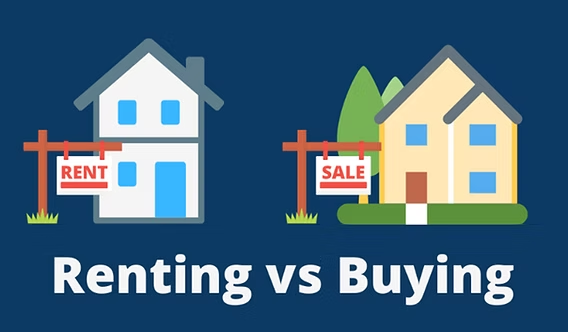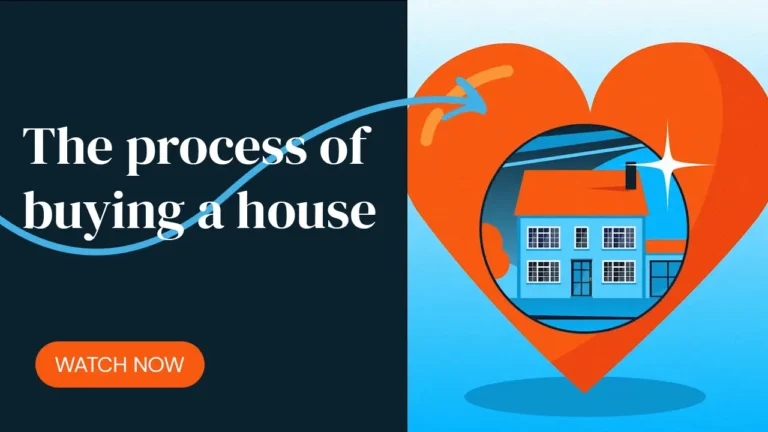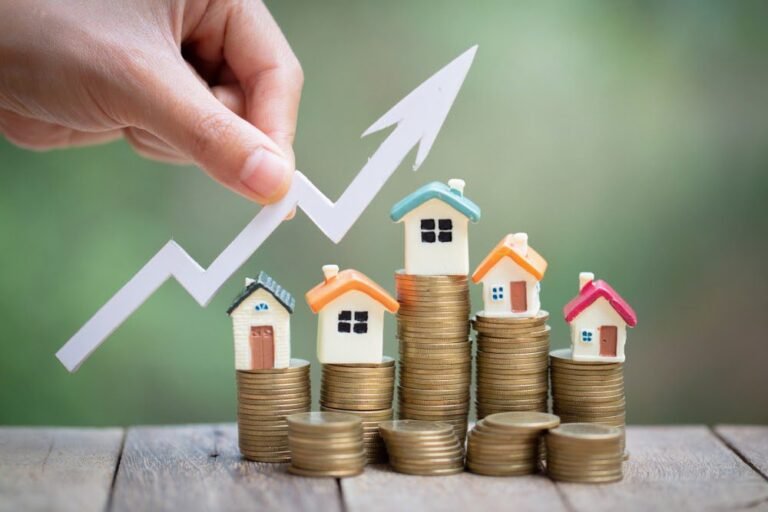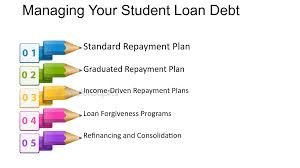
Choosing between renting and buying a home has always been a deeply personal decision, but in 2025, the landscape has shifted more than ever. With fluctuating mortgage rates, rising home prices, and a dynamic rental market, the question isn’t just about money—it’s about lifestyle, stability, and long-term goals.
Having experienced both sides of the equation, I can say there’s no one-size-fits-all answer. A few years ago, I rented a downtown apartment for convenience and flexibility. I loved the minimal commitment, but after my rent increased twice in two years, I realized I was essentially paying someone else’s mortgage. That pushed me to explore buying, and in 2023, I finally purchased a small townhouse in the suburbs. While it came with more responsibility, I also gained stability and a sense of ownership I didn’t realize I needed.
Let’s break down the pros and cons of renting vs. buying in the U.S. in 2025 and help you figure out what might be right for you.
The Case for Renting in 2025
Pros:
- Flexibility: Renters can move easily for job opportunities, travel, or lifestyle changes.
- Lower upfront costs: No down payment, closing costs, or property taxes.
- Maintenance-free living: Landlords typically handle repairs and upkeep.
- Urban access: Renting is often more affordable in high-demand metro areas.
Cons:
- No equity: Monthly payments don’t build long-term wealth.
- Rising rent: In many cities, rent is increasing faster than income.
- Limited customization: Can’t make major changes or renovations.
- Less stability: You’re subject to lease terms, landlord decisions, and market fluctuations.
Personal Insight: When I was renting, I appreciated the flexibility, especially during career shifts. But not knowing if my rent would spike at renewal made long-term planning difficult.
The Case for Buying in 2025
Pros:
- Equity building: Each mortgage payment increases your ownership stake.
- Stability: Fixed-rate mortgages mean predictable payments.
- Tax benefits: Mortgage interest and property taxes may be deductible.
- Freedom to customize: Renovate, decorate, and truly make it yours.
Cons:
- Upfront costs: Down payments, inspections, and closing fees can be steep.
- Maintenance and repairs: Homeowners are responsible for all upkeep.
- Market risk: Property values can fluctuate.
- Less mobility: Selling a home takes time and involves fees.
Personal Insight: Buying my townhouse came with unexpected expenses—HVAC repairs, landscaping, you name it. But every time I make a mortgage payment, I remind myself I’m investing in my future.
What’s Happening in 2025?
- Mortgage rates: Hovering between 6.5% and 7.5%, depending on credit and loan type.
- Home prices: Still high in major markets but stabilizing in many suburban and rural areas.
- Rent increases: Expected to continue rising, particularly in high-demand cities.
- Remote work: Continues to influence where people live, often shifting interest to less expensive areas.
How to Decide What’s Right for You
Ask yourself:
- How long do I plan to stay in one place? If less than 3–5 years, renting may make more sense.
- Do I have savings for a down payment and emergency repairs?
- How important is stability vs. flexibility?
- Do I want the responsibility of home maintenance?
Final Thoughts
Both renting and buying come with trade-offs. In 2025, it’s not just a financial decision—it’s a lifestyle one. If you’re career-hopping, value flexibility, or aren’t ready for the responsibilities of homeownership, renting is perfectly valid. But if you’re ready to put down roots and want to build equity over time, buying could be the smarter long-term play.
For me, buying was the right move. It gave me a sense of permanence and investment I never felt as a renter. But I’ll never forget the freedom and simplicity that renting offered when I needed it.
Ultimately, the best choice is the one that fits your goals, finances, and future plans.
Happy house hunting—or apartment searching—whichever path you choose!






